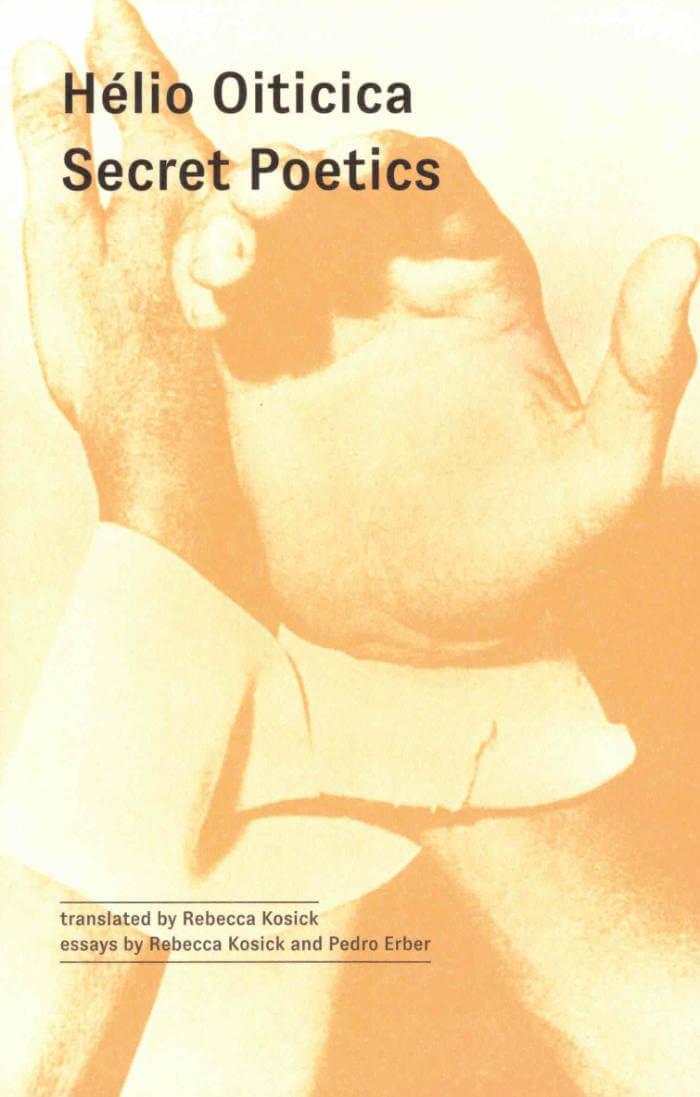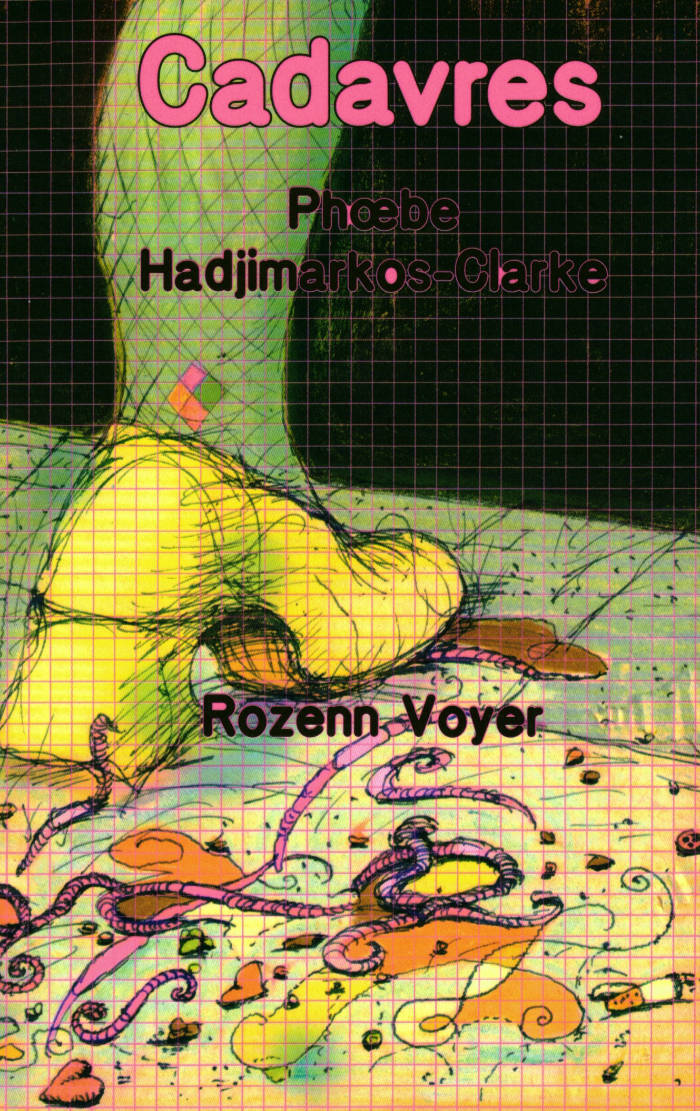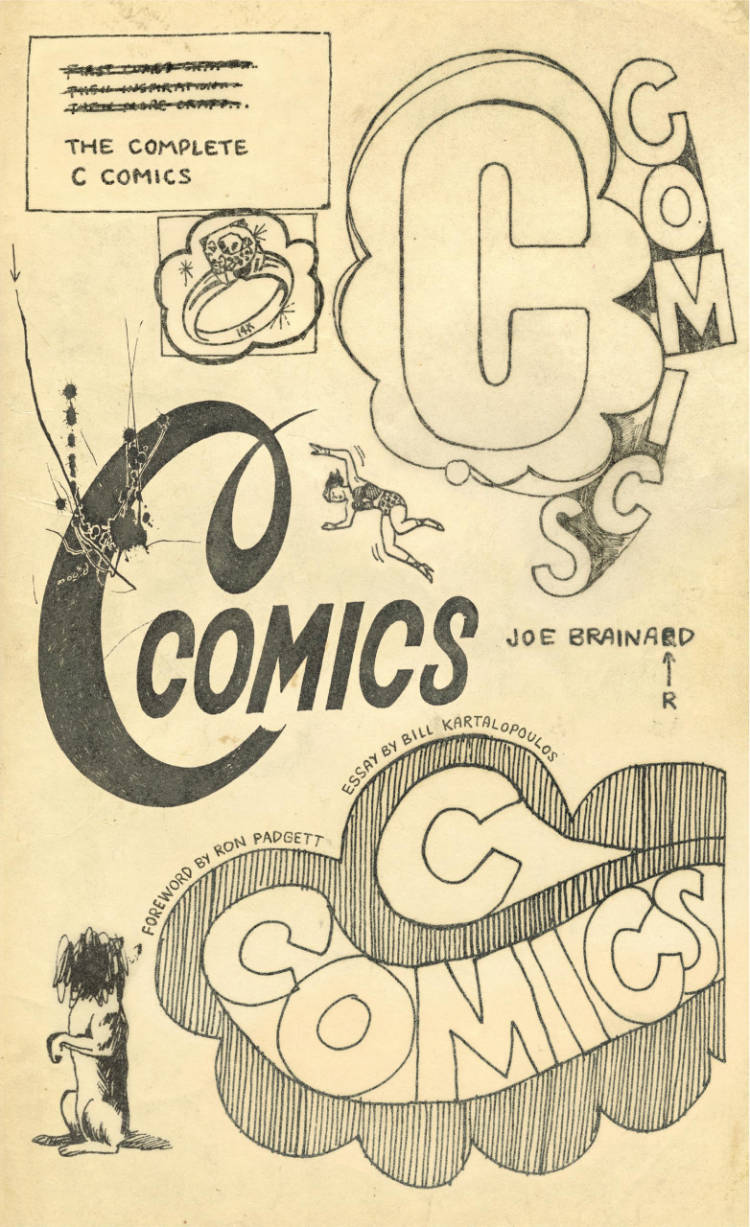
Secret Poetics
Hélio Oiticica (1937-80) is widely considered one of Brazil's most significant artists, and his influence is felt across a range of disciplines including painting, film, installation and participatory art. He is well known as a key founder of the interdisciplinary movement known as Neoconcretismo, launched in Rio de Janeiro in 1959 with the collaboration of artists and writers including Lygia Clark, Lygia Pape and Ferreira Gullar.
Between 1964 and 1966, moving out of his Neoconcretist period, Oiticica wrote a series of lyrical poems entitled Poâetica Secreta (Secret Poetics), and he reflected in a private notebook on their significance for his wider practice as an artist. Despite Oiticica's global fame, his "secret" poems are almost unknown and have never been published as a collection.
This bilingual edition, with accompanying essays by translator Rebecca Kosick and critic Pedro Erber, uncovers the significance of poetry for Oititica's art and shows its importance to his thinking on participation, sensation and memory




